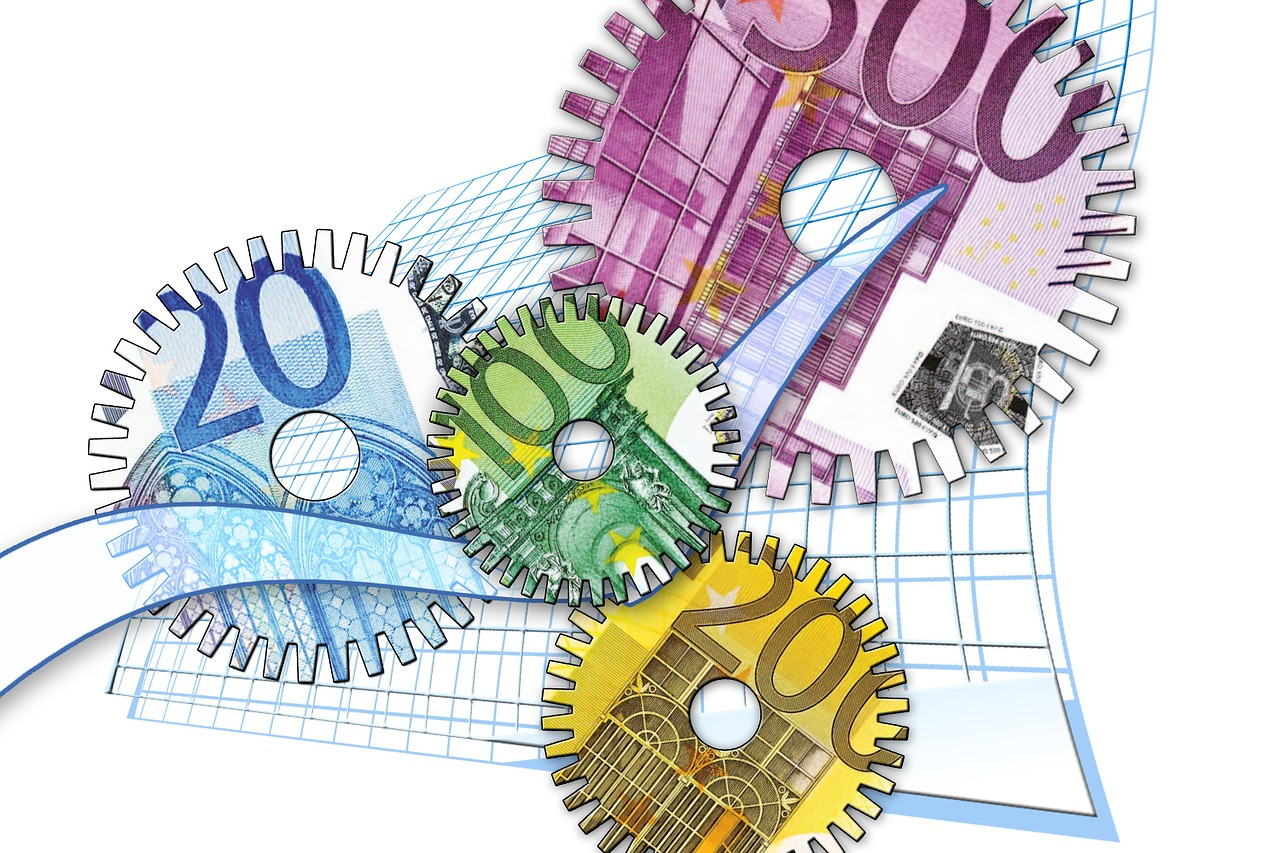European Stocks Climb for the Week with Cautious Optimism

On Friday, European stocks rose, as Richemont, the Swiss luxury goods maker, experienced an increase after its accelerating business growth and results kept investors in the eurozone cautiously optimistic in the face of rising concerns about inflation. There was a 0.6% increase in the pan-European STOXX 600 index, which capped the week with a small increase. There was a 5% increase in Richemont, as the Cartier-owner reached a record high. The company proposed pushing its dividend back to the levels before the pandemic, as strong demand for jewelry had given its net profit a lift and had helped contain the reduction in sales in the fiscal year 2020/2021.
According to the survey by IHS Markit, there was an acceleration in business growth in the eurozone, as it hit its fastest pace in May in the last three years. This occurred primarily due to the strong resurgence in the dominant service industry of the bloc after the reopening of the economies. In May, the gauge of economic growth in Britain also hit its highest level, as many service companies once more reopened their doors and a recovering global economy also helped factories benefit from a wave of demand. This prompted a jump in both prices and hiring.
Market analysts said that the picture looked a lot more positive for risk assets than it had in the middle of the week and the stronger economic data indicates that people should stick with equities for now. However, they did say that there would still be some caution until the peaks that were seen last week are cleared. Earlier this month, global equities had reached a record high, but they were struggling to make headway because higher inflation had made investors fearful about central banks pulling back some of the pandemic-era support quicker than expected.
But, Christine Lagarde, the European Central Bank President, spoke ahead of a crucial policy meeting that’s less than two weeks away. According to her, it is still too early for the central bank to talk about winding down their emergency bond purchase scheme of 1.85 trillion euros or $2.25 million. There was a 0.7% increase in German luxury car manufacturer, BMW, after the company announced that it was setting aside 1 billion euros to deal with expected European antitrust fines due to allegations of colluding with rivals. This is considerably less than what had been feared initially.
There was a 6.5% decline in Lufthansa AG, as the German airline’s second-largest shareholder, the Thiele family, sold off more than half their stake. There was a mixed reaction from Italian banks, with Banco BPM and Bper Banca climbing up and Banca Monte dei Paschi di Siena and Unicredit slipping. This was after a report that new rules were being discussed by Italy with the European Union that would help in easing the deals between banks. Unicredit also disclosed that they had contested a decision made by antitrust regulators in the EU for filing the Italian bank and others.



















